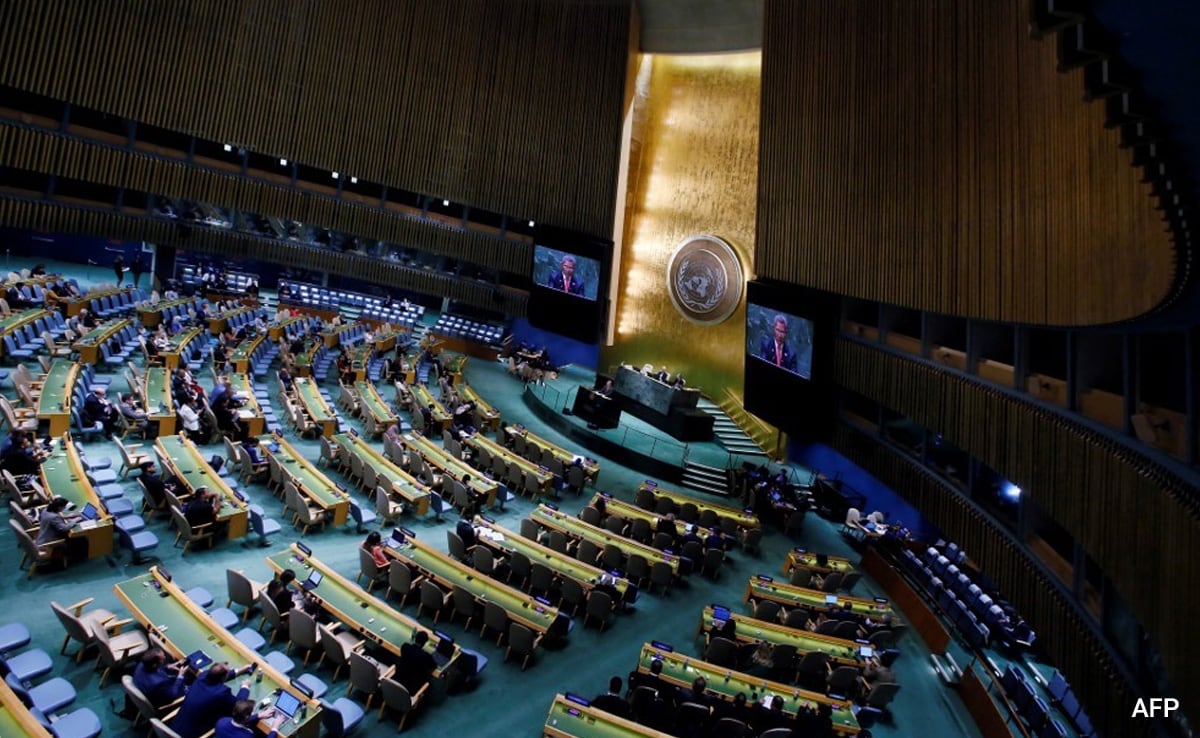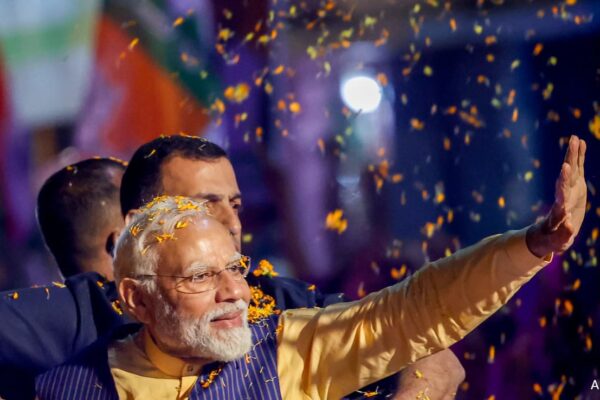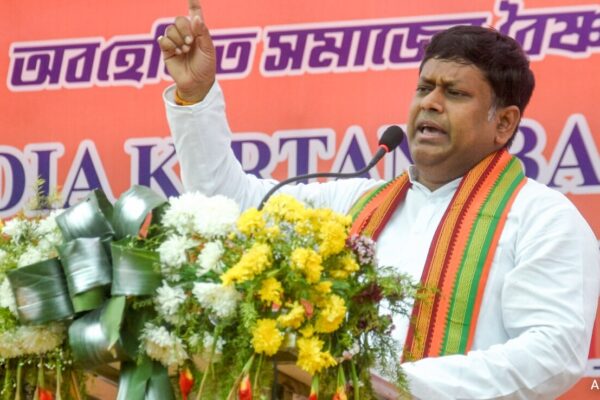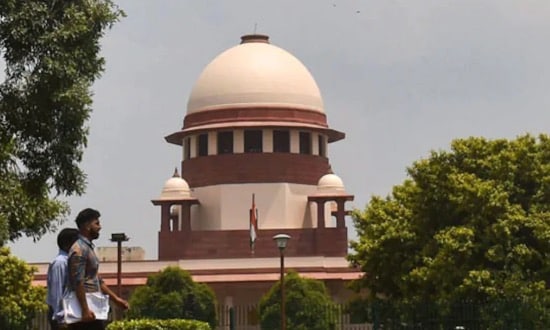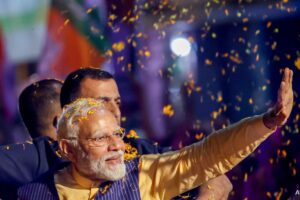
New Delhi:
The National Medical Council told the Supreme Court on Tuesday that diagnosis of mental illness can no longer be a bar for pursuing MBBS course and such aspirants may be considered for quota benefits in future after “better methods of disability assessment” are devised.
On May 18, the NMC, which regulates medical education in the country, was asked by the top court to set up a panel of domain experts to examine a plea for evolving modes of disability assessment of students having mental illnesses, special learning disorder and autism spectrum disorder for quota in admission to MBBS course.
A bench comprising Chief Justice DY Chandrachud and Justices JB Pardiwala and Manoj Misra took note of the submissions of lawyer Gaurav Kumar Bansal, appearing for a MBBS aspirant, that several countries are not only permitting persons having mental illnesses to pursue medical education but also granting reservation in admissions.
The court permitted Mr Bansal to amend the petition to challenge the fresh guidelines of the NMC on the issue of admissions of persons with mental illness in MBBS course and non-grant of quota to them for the time being under the Rights of Persons with Disabilities Act.
The bench, however, acknowledged that the NMC set up the committee of domain experts and came out with some guidelines after examining the issue.
An eight-member expert panel discussed the issue of admission in MBBS course under the disabilities law in case of special learning disability, autistic specified disorder and mental illness, the counsel for the NMC said.
“On thorough consideration of the recommendations received from the expert members in… meetings, the Under Graduate Medical Education Board reaches to a conclusion that in respect of mental illness, ‘the diagnosis of Mental Illness can no longer be a bar for eligibility to pursue medical education (MBBS) provided the candidate falls in the merit list in competitive entrance examination ie. NEET-UG’,” the NMC said in its report.
“Since the benefits of reservation/quota are not determinable under the present available methods of assessment, hence the quoted italic statement in the earlier disability notification dated May 13, 2019 — ‘However the benefit of reservation quota may be considered in future after developing better methods of disability assessment’ — shall remain valid,” the council said.
The NMC said such candidates claiming to have been suffering from mental illness are being considered under “Non-PwD” (outside the disabilities law) category for the purpose of taking admission in MBBS course.
Taking the report on record, the bench said it will consider the issue after four weeks.
The top court was hearing the petition by Vishal Gupta, who was denied reservation in admission to MBBS course under the Rights of Persons with Disabilities Act on the ground that his mental disability was 55 per cent rendering him ineligible for securing admission in a medical college.
Under the Act, if the certifying authority certifies that the disability of a person is not less than 40 per cent then he or she is said to have the “benchmark disability”, and in that condition, the candidate cannot get the benefit of reservation in admission.
The bench had said a person suffering from special learning and autism spectrum disorders cannot be treated so shabbily and denied quota benefits under the statute.
“We are of the considered view that the aspects which have been raised in these proceedings required to be considered by an expert body having domain knowledge.
“We, therefore, direct the National Medical Commission to treat the grievance of the petitioner in these proceedings as a representation and to consider the grievance at an appropriate level while dealing with the regulations on graduate medical education,” the apex court ordered on May 18.
Mr Gupta, in his petition, said his mental illness disability, according to the certificate issued by Lady Hardinge Medical College and Associated Hospitals, was 55 per cent and he was being discriminated against.
The authorities were denying Mr Gupta the opportunity to pursue the medical science course because his mental illness is more than 40 per cent and they were also not providing him the benefit of quota, available to persons with disabilities under the law, to MBBS aspirants like him, the plea said.

